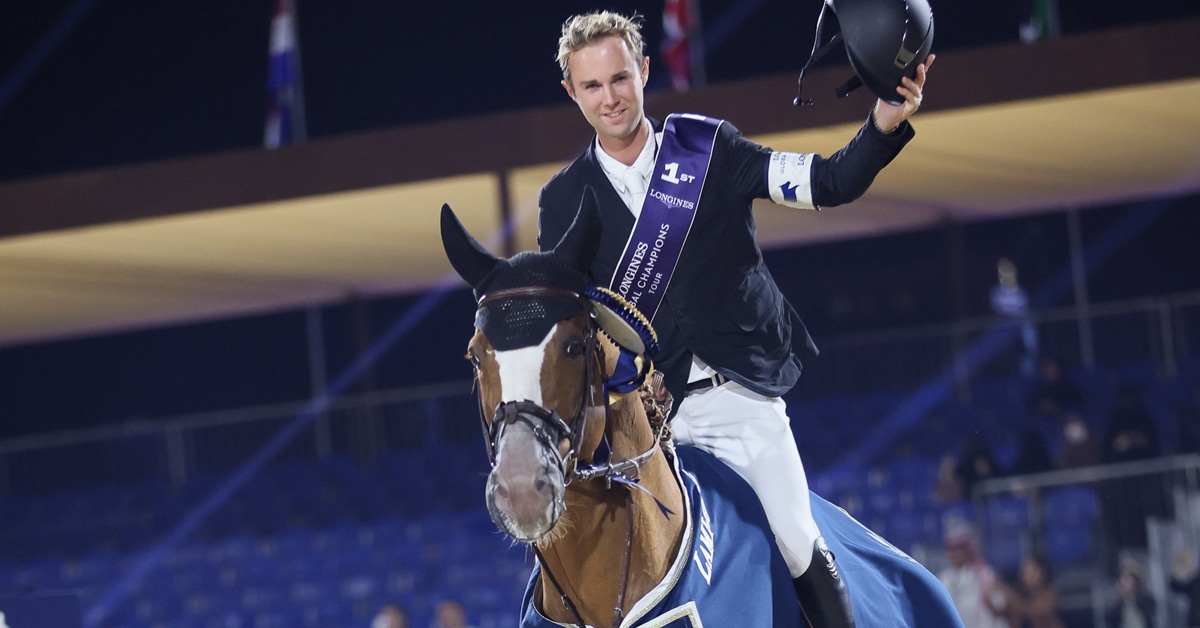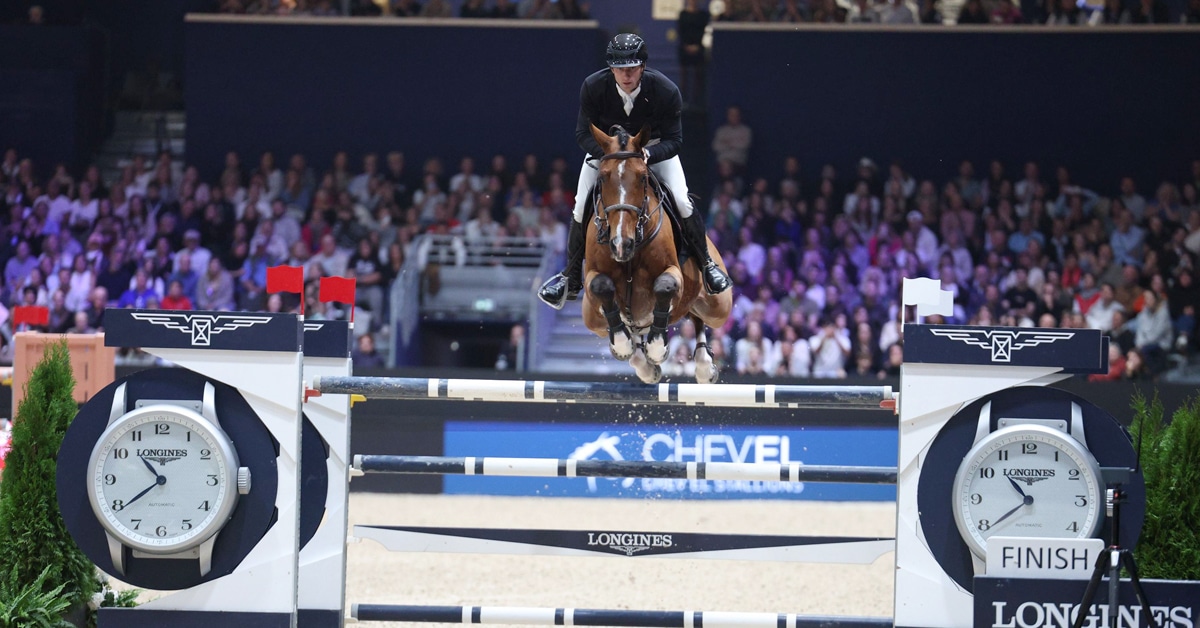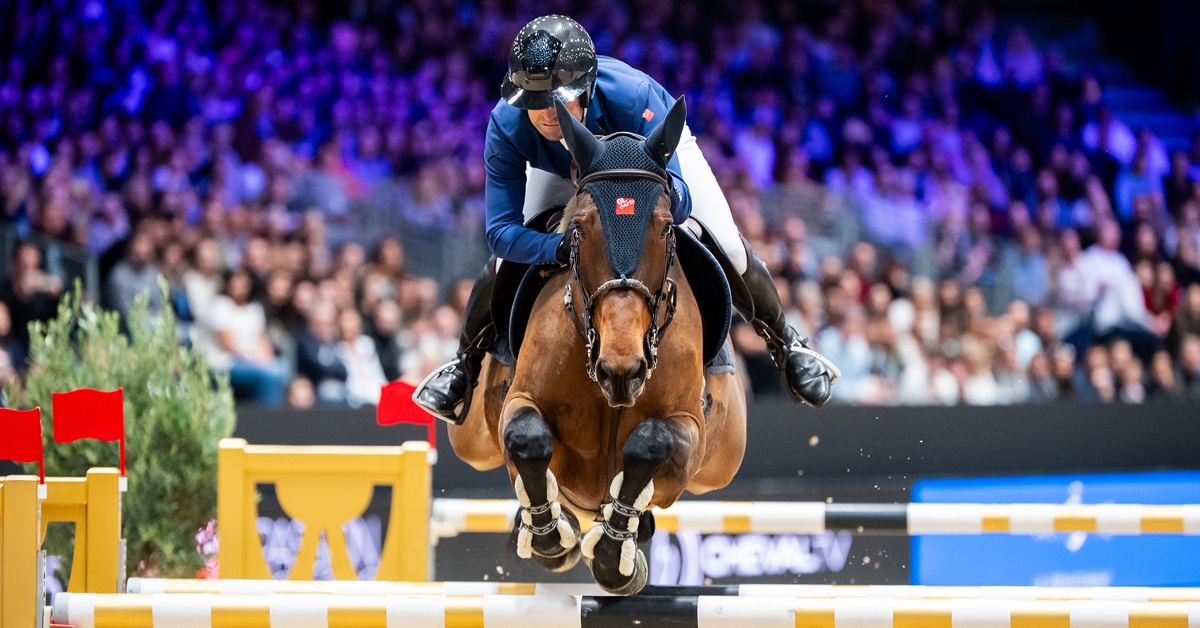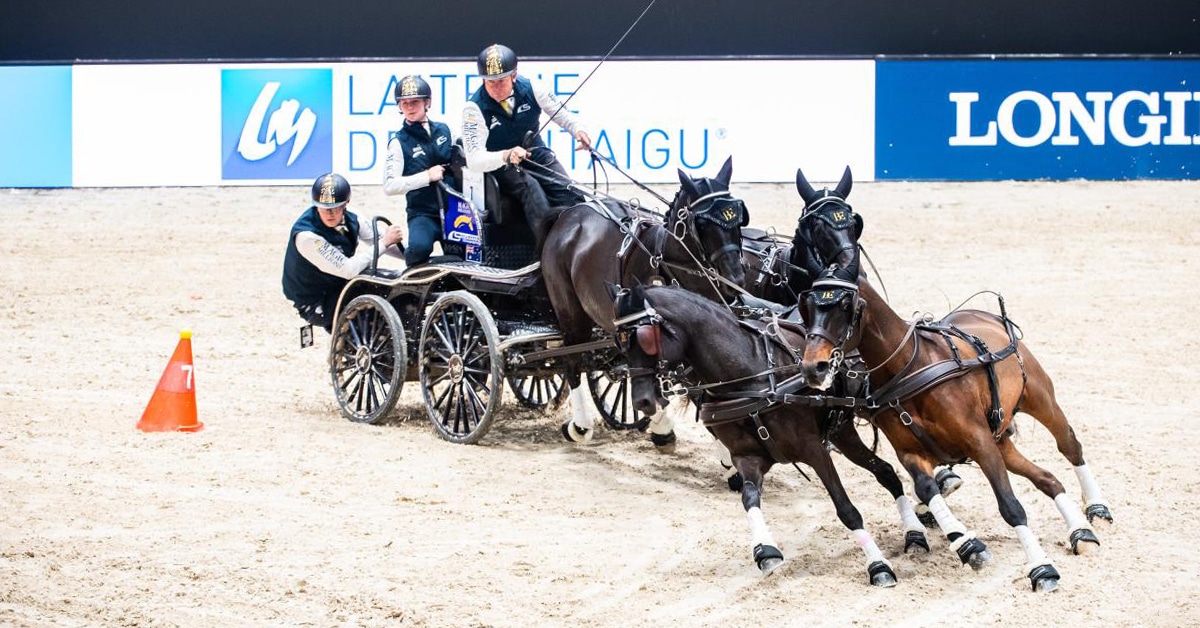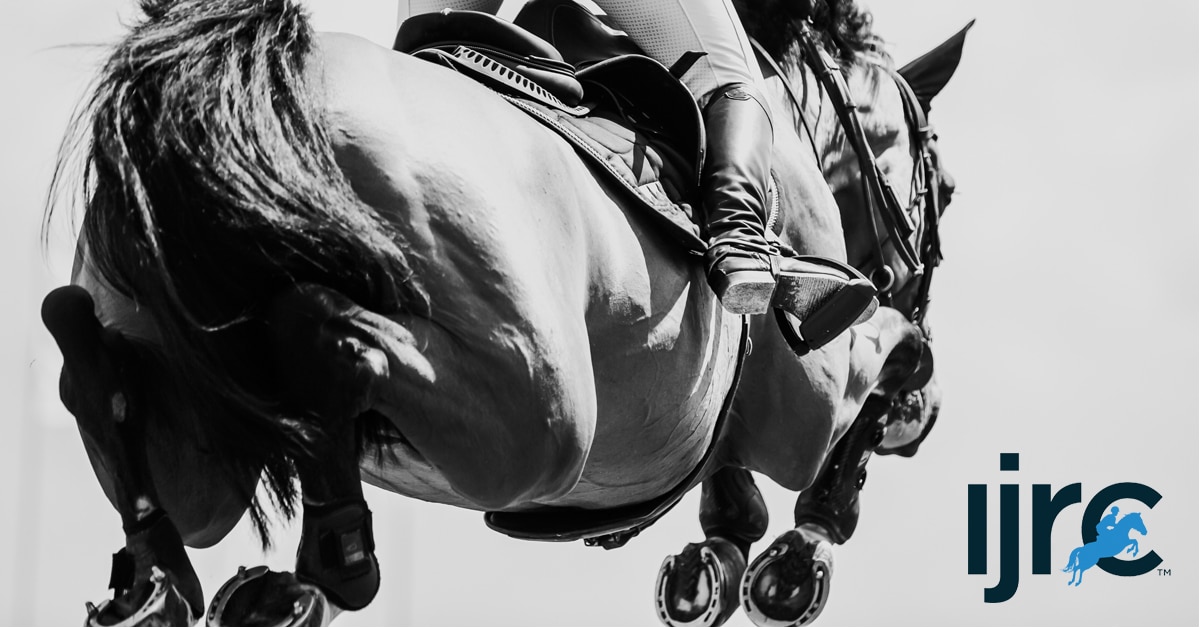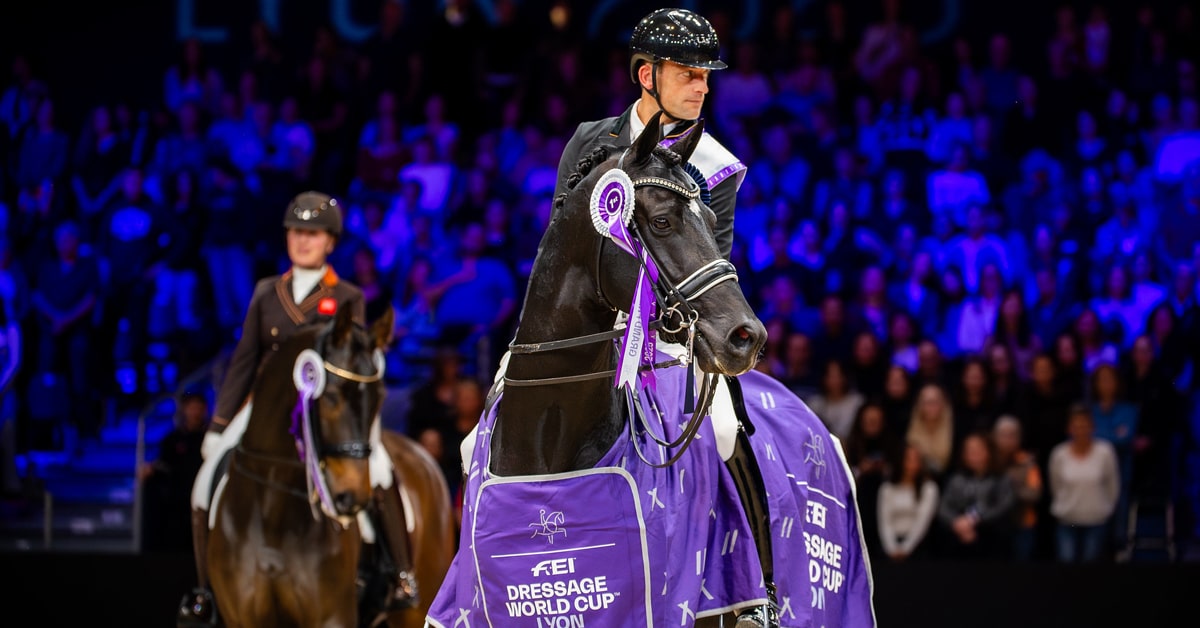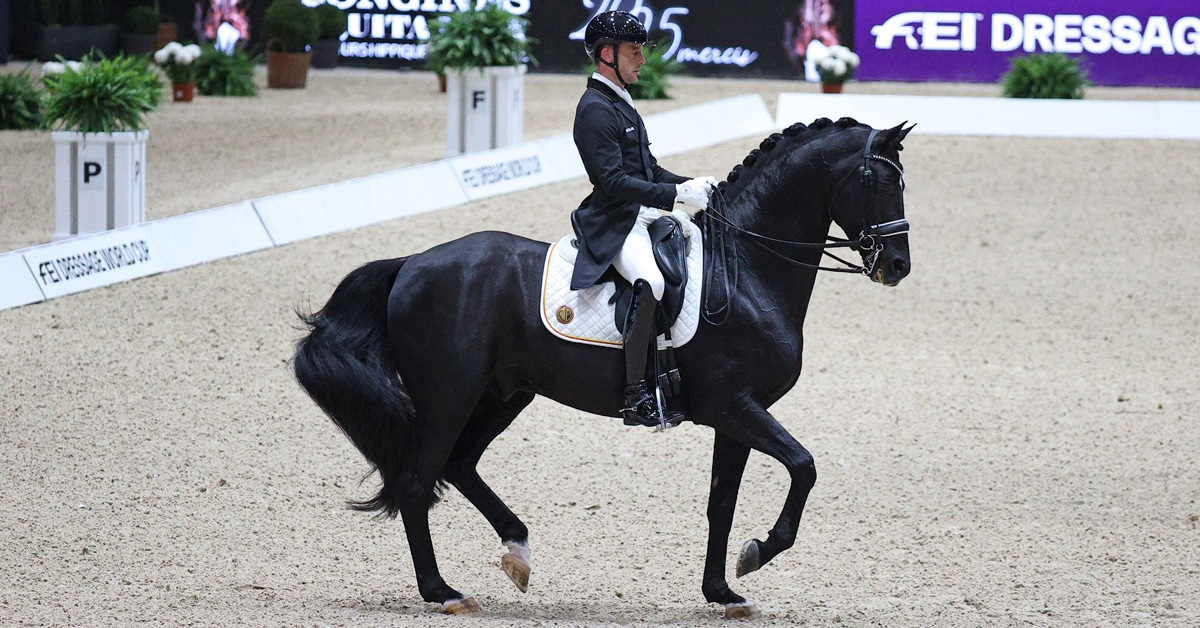The Danish government is being recommended by its own ethics advisors to introduce legislation to protect sport horses. The Danish Animal Ethics Council has “lost patience” with equestrian governing bodies, which it had hoped would have implemented stronger horse welfare measures by now.
At the recent FEI General Assembly in Abu Dhabi, FEI head vet Goran Akerstrom cautioned that governments in several European countries were having such talks; there could be a time when FEI regulations do not comply with applicable law.
A few days later, a major international conference in the Danish capital, Copenhagen, underlined that point. The conference was organised by the ethics council as a part of the Danish ministry of agriculture. In March last year its “statement on the use of horses for sport” included a warning for equine regulators to act within the year.
Eighteen months has now passed with no apparent progress. The council’s chairman Bengt Holst sought “more initiatives that contain mandatory and more specific requirements, with very specific deadlines for implementation and the possibility of sanctions.”
Holst added: “There is an advantage in having a fixed framework for how to develop equestrian sports in the future, so that it has the social acceptance [social licence to operate]. You [the Danish government] can make the decision that the industry parties may not necessarily be able to make among themselves, because they disagree.”
One immediate suggestion will be be for warm-up arenas at all shows to be open to the public, and for trainers and judges to be trained in horse behaviour. “It’s not a question of changing some small things. An entire culture has to change,” said Holst.
Danish government ministers have already shown interest in Denmark’s high-profile equestrian and warmblood breeding industries because of scandals largely in elite dressage across Scandanavia. Two top Danish dressage riders have been suspended in connection with alleged horse abuse – Andreas Helgstrand and Carina Cassoe Kruth.
The Copenhagen conference was attended by equestrians, veterinarians and respected researchers from all over the world, including Australia. One of the speakers was Julie Taylor, a Denmark-based anti-hyperflexion campaigner whose website, Epona.TV, was the first to “expose” an alleged “blue tongue” incident (Patrik Kittel with Scandic in 2009.) Taylor began to wonder if governments could be persuaded to intervene as her confidence in the sport’s own regulatory bodies diminished over the years, so she helped the council with research.
Taylor told HorseSport.com after the conference: “I’ve also been feeding stories to news journalists in Denmark and abroad to raise awareness among the general public that there are problems which can’t be fixed by the industry.
“The purpose was to pave the way for any Danish or European Union politicians who might want to do something about animal abuse in horse sport. And now it looks as if they will.”
More News
